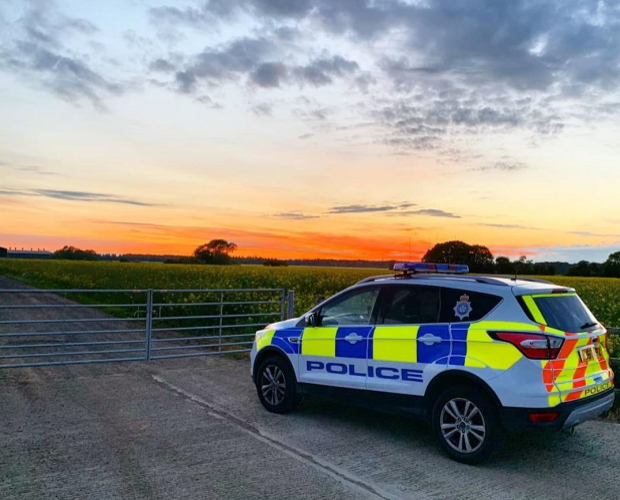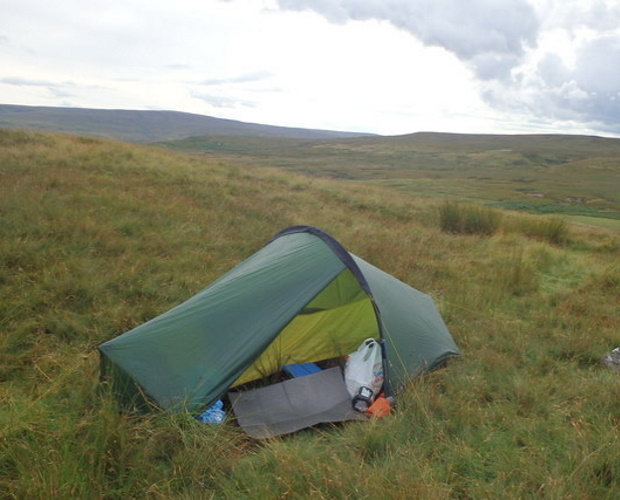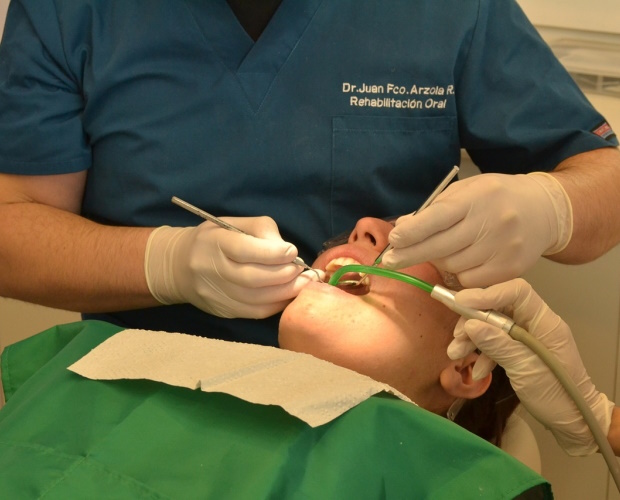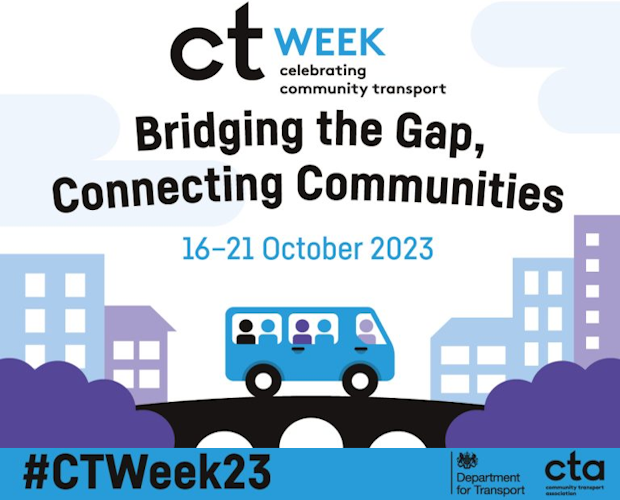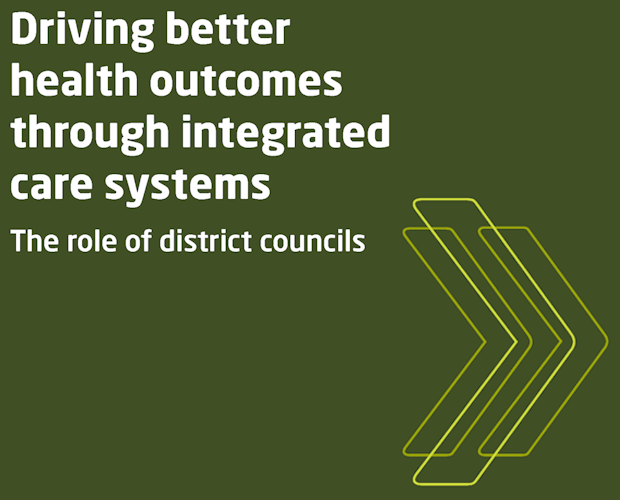T: 01822 851370 E: admin@sparse.gov.uk
'Hidden crisis' of rural homelessness
Rural homelessness is a growing problem, affecting a record number of families, says a report.
More than 6,000 rural households became homeless last year, according to the Institute for Public Policy Research.
Record numbers of rural families are in bed and breakfasts, it found.
The report is called Right To Home? Rethinking homelessness in rural communities.
In 2015/16, 6,270 households were accepted as homeless in England’s 91 mainly and largely rural local authorities, it says.
One-fifth of all homeless cases occurring outside of England’s most urban areas.
Between 2010 to 2016, predominantly rural local authorities recorded a 42 per cent increase in rough sleeping
Many cases of homelessness in rural areas go undetected, with people more likely to bed down in alternative countryside locations like outhouses, barns, tents and parked cars, says the report.
Central government should develop a new national homelessness strategy to tackle the problem.
Guidance
This strategy should take the enactment of the Homelessness Reduction Act 2017 as its lead, and which must include rural-specific consideration and guidance, argues the document.
IPPR research fellow Charlotte Snelling said: “Many people see homelessness and rough sleeping as a problem which only affects England’s big cities.
“However IPPR’s research shows that it is a real problem in rural areas too."
Causes of homelessness are often similar across urban and rural areas, says the report.
Most frequently, they relate to family breakdown or the ending of an assured shorthold tenancy.
But particular challenges in rural areas include lower levels of housing affordability; shortages in affordable homes; and high prevalence of second and holiday homes.
Preventing and relieving homelessness can be especially difficult in rural areas, the report warns.
Emergency
This is because of a relative absence of emergency hostels and temporary accommodation, large travel distances with limited public transport, isolated and dispersed communities, and constrained resourcing for specialist services.
Ms Snelling said: “This isn’t something we simply have to accept: building more affordable homes alongside putting in the right support from government would do much to tackle this issue.
“This will require politicians both locally and nationally to accept their responsibility to change things and put in place a much better strategy to do this.”
The report says local authorities should enter into two-way negotiations with central government to develop devolution deals on housing and planning.
It says these should include ambitious commitments to increasing affordable supply should be met with a transferral of power to do so.
Local authorities should also set up rural community homelessness hubs, using local buildings and running weekly drop-in sessions.
The report says hubs could bring together relevant services to provide advice and support those at risk of or experiencing homelessness.
More must be done
Hastoe Group housing association chief executive Sue Chalkley said more must be done to tackle homelessness.
"It is clear from this report that homelessness manifests differently across the country and solutions used to tackle it in urban areas may not be the right approach for those in our rural towns and villages.
"Even a basic understanding of the number of rural people who are homeless, or sleeping rough, is often pitifully low.
The stigma of being visibly homeless in rural communities can be much stronger than in a city, said Ms Chalkley.
"As a result, many will be bedding down tonight in hidden locations like outhouses, barns, tents and parked cars – making it much harder for traditional “head counts” to identify them.
It wasn’t only rough sleeping that was such a problem.
"Worryingly, since the middle of 2014 the number of families having to live in a B&Bs in rural local authority areas has risen by an appalling 500%, compared to a 200% rise in urban areas.
"The numbers are still rising in rural areas while in our towns and cities the numbers have been falling for the last year."
SIGN UP TO OUR NEWSLETTER
Sign up to our newsletter to receive all the latest news and updates.


